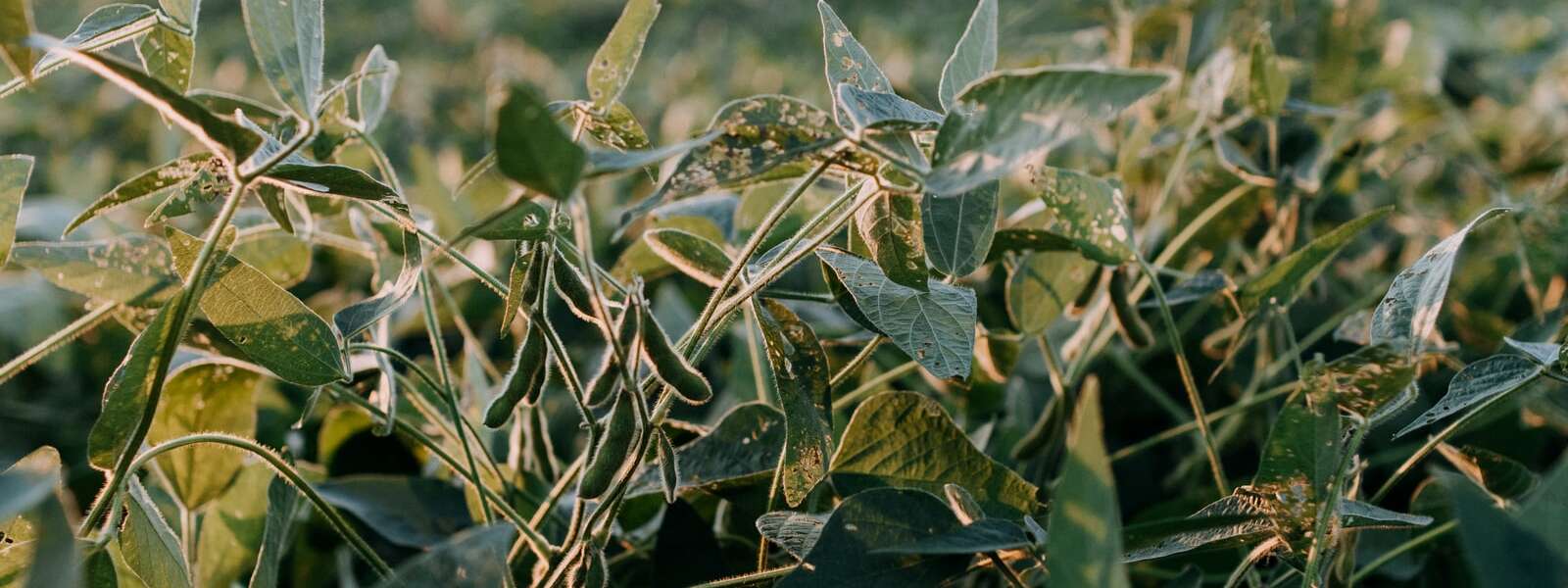
Drought conditions currently affecting many parts of Canada could not have arrived at a worse time for farmers, say two University of Guelph field crop specialists.
Dr. Joshua Nasielski is a professor in the Department of Plant Agriculture at the Ontario Agricultural College, who holds the MacSon Professorship and researches the agronomy and physiology of field crops like corn, soybeans and other legumes.
Chris Gillard is also a professor in the Department of Plant Agriculture whose research focuses on dry bean agronomy and pest management.
Nasielski and Gillard say in southern and western Ontario, drought is having the most significant impact on soybeans, and corn, a crop particularly vulnerable during its flowering period in July.
Both crops dominate field crop production in Ontario, with corn providing ethanol, starch, oil and livestock feed, and soybeans being used for soy milk, tofu, oils and livestock feed, says Gillard.
While yields will be reduced this year, it won’t affect national and international food supplies, because Canada’s production amounts to less than five per cent of America’s.
“In 2012 and in other years, Ontario experienced summer droughts and there was no major disruption to its food supply,” notes Nasielski. “But this drought will not be good for Ontario’s economy.”
What can farmers do?

Farmers will likely try to adjust crop management to respond to the weather and minimize profit losses, Nasielski and Gillard say.
At the same time, long-term solutions are being developed, says Nasielski. His colleagues at U of G have shown diverse crop rotations improve crop resilience to drought and are more profitable than simpler rotations. Newer varieties of corn are being produced that are more drought resilient.
But as this year’s drought in Ontario persists, farmers will be more reliant on rainfall for the rest of the season, Nasielski and Gillard say.
“It’s ironic. Ontario’s surrounded by the Great Lakes, which are the largest source of fresh water in the world, but the cost of irrigation is greater than the value of crop yield saved,” Gillard says. “Most farmers are really at the mercy of Mother Nature, when it comes to drought stress.”
Gillard recently discussed Ontario’s drought with Hamilton Today on AM900 CHML. Both he and Nasielski are available for interviews.
Contact:
Prof. Chris Gillard
cgillard@uoguelph.ca
Dr. Joshua Nasielski
nasielsk@uoguelph.ca
